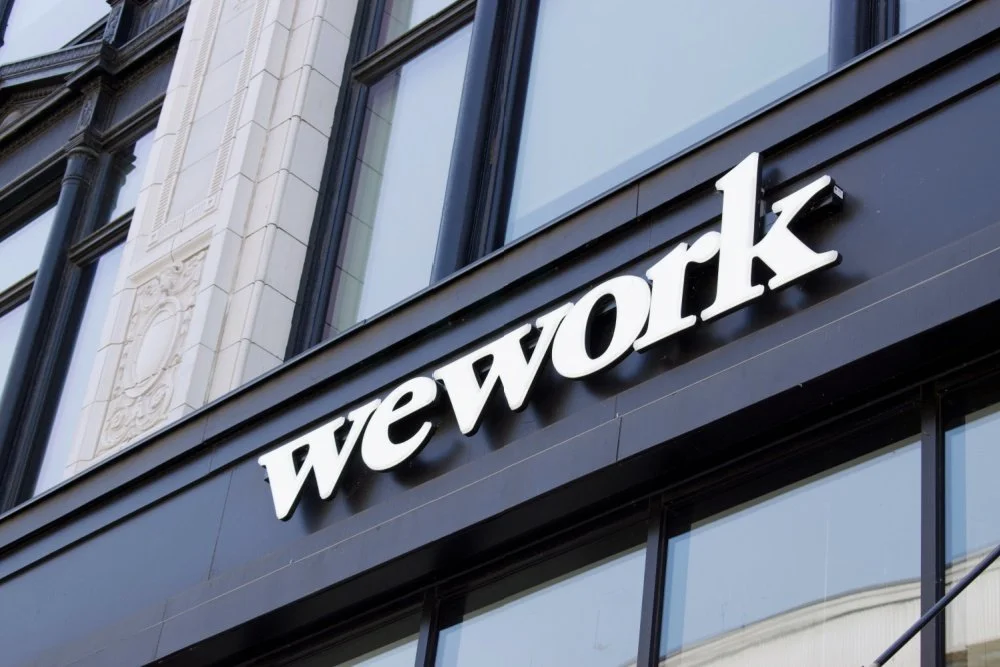Echoing Green is Still Going Strong. What’s it Looking for in “Tomorrow’s Leaders?”
/amenic181/shutterstock
What do Michelle Obama, Van Jones, and Teach for America founder Wendy Kopp have in common? Answer: Each received an Echoing Green Fellowship more than 20 years ago.
Here we are in 2019, and Echoing Green is still going strong, having supported 832 fellows with over $46 million in seed funding (not to mention countless hours of leadership training and programmatic support). This year, the foundation is supporting 34 social entrepreneurs who are tackling a diverse array of complex issues including climate change, literacy education and food waste. While their missions are markedly different, their methods are surprisingly comparable. A common thread among many of the fellows is their ability to atomize an overarching problem into a localized issue that can be tackled at the individual or community level.
Julia Kumari Drapkin’s ISeeChange is a perfect example. IseeChange reports on climate change by mobilizing individuals and communities to share their personal stories relating to the local weather, while coupling those insights with data points that illustrate the shifting climate. Sort of like “if Facebook and NextDoor had a baby, and all it did was talk about weather and climate over time,” says Drapkin, who formulated the idea for localized weather reports while working as a climate science reporter in Washington, D.C.
Drapkin recalls a comment from a congressional staffer that sparked her sense of urgency around localizing the climate issue. The staffer expressed frustration that “I can’t go to a congressperson and say ‘this is how much climate change costs your district.’” That’s when Drapkin realized that the challenges facing policymakers perfectly aligned with her own struggle as a climate reporter; namely, how to take a seemingly insurmountable problem like climate change and make it more personal and manageable through localization. Her platform creates network effects by amplifying the responses to local weather conditions and broadcasting them to a global audience.
It is this thirst for solving global problems at an individual or communal level that unites many of the 2019 fellows. As Echoing Green President Cheryl Dorsey explained, “We are looking for leaders who are truly passionate about an idea that is big and bold and tackling a problem in a fundamentally new way.”
She might well have been speaking about 2019 fellow Austin Martin. Martin always had difficulty living up to his potential in school. That is, until he noticed that he could learn core concepts like history and vocabulary through the hip hop music he enjoyed listening to. Martin had an epiphany when a teacher asked the class who John D. Rockefeller was. He was the first to raise his hand, citing Rockefeller’s ‘robber baron’ status; a historical tidbit he learned from none other than Jay Z. That experience led Martin to form Rhymes with Reason, a literacy education platform that enables students to learn the concepts and skills taught in curricula across the United States via a web-based repository of popular music.
“Kids can reel off the lyrics to their favorite songs, but may not be able to reel off the definition for ‘sycophant,’” says Martin, who connected to music far more meaningfully than he ever did with traditional schooling. By leveraging the former to enrich the latter, Martin transformed himself into a 4.0 student who attended Brown University. Now, he wants to ignite that same passion for learning through music in millions of others.
Dorsey listed four key traits that her organization looks for when selecting fellows: passion, social sector leadership, resilience and the ability to mobilize others. The first two are self-explanatory. Resilience makes the list because responding well to failure is a must-have for any aspiring change-seeker. And mobilization is a critical skill since attracting others to support one’s vision and cause—or “resource magnetism,” as Dorsey puts it—is crucial for achieving success. It is perhaps for that reason that Echoing Green prioritizes applicants who identify as members of the community they are servicing. The organization espouses the mantra that “the people closest to the problem are often closest to the solution.”
Not all fellows run nonprofits. Take Daniel Brown and Michael Robinson’s Rust Belt Riders, a for-profit enterprise that collects food waste from restaurants and homes and converts it into sustainable soil products. While working at a community garden and farm-to-table restaurant, the pair realized that consumers want to reconnect with their food sources, but that farm-to-table represents only half of that equation. Hence, Rust Belt Riders was born.
Brown and Robinson are eager to scale their enterprise and view the Echoing Green Fellowship as fertile ground to achieve their goal. “Oftentimes, it’s assumed that doing something that is a social good and having a sustainable business economically are at odds with one another,” Robinson explained. “Echoing Green positions itself to be able to work with organizations and people to develop the skills they need to contribute to the larger good of the community, while also maintaining an economically viable operation.”
Fellows routinely noted the difficulty of finding a funding source that is aligned with their core values as a social enterprise, and that staying true to those values will pay off in the end. Echoing Green promotes radical social ideas, and supports those who are looking to build movements that will grow beyond their initial frontiers. So while it’s great for prospective fellows to maintain a local operation, they shouldn’t lose sight of that global vision.
As Dorsey likes to say, “We don’t care if you have the perfect business plan or resume. If you have the ideas, talent and vision to bring positive change to the world, Echoing Green wants to partner with you.”
In turn, a range of donors has been keen to partner with Echoing Green over the years, providing this funding intermediary with the resources to fuel its work. Echoing Green raised more than $9 million in 2017, its 30th year of operation. Funders include the Citi Foundation, the Jerome L. Greene Foundation, and a wide range of other donors—including General Atlantic, the investing firm that launched Echoing Green in 1987, looking to use a venture investing model to catalyze social change.
Since Echoing Green’s founding, the venture philanthropy space has expanded dramatically, as we’ve reported. While some of these funders back organizations that are already past their startup phase but are struggling to scale, Echoing Green has kept its focus mostly on backing social entrepreneurs who are at the earliest stages of incubating an idea.
For a full list of Echoing Green’s 2019 Fellows, click here.
Related: “Build Capital.” Inside the World of Venture Philanthropy







































